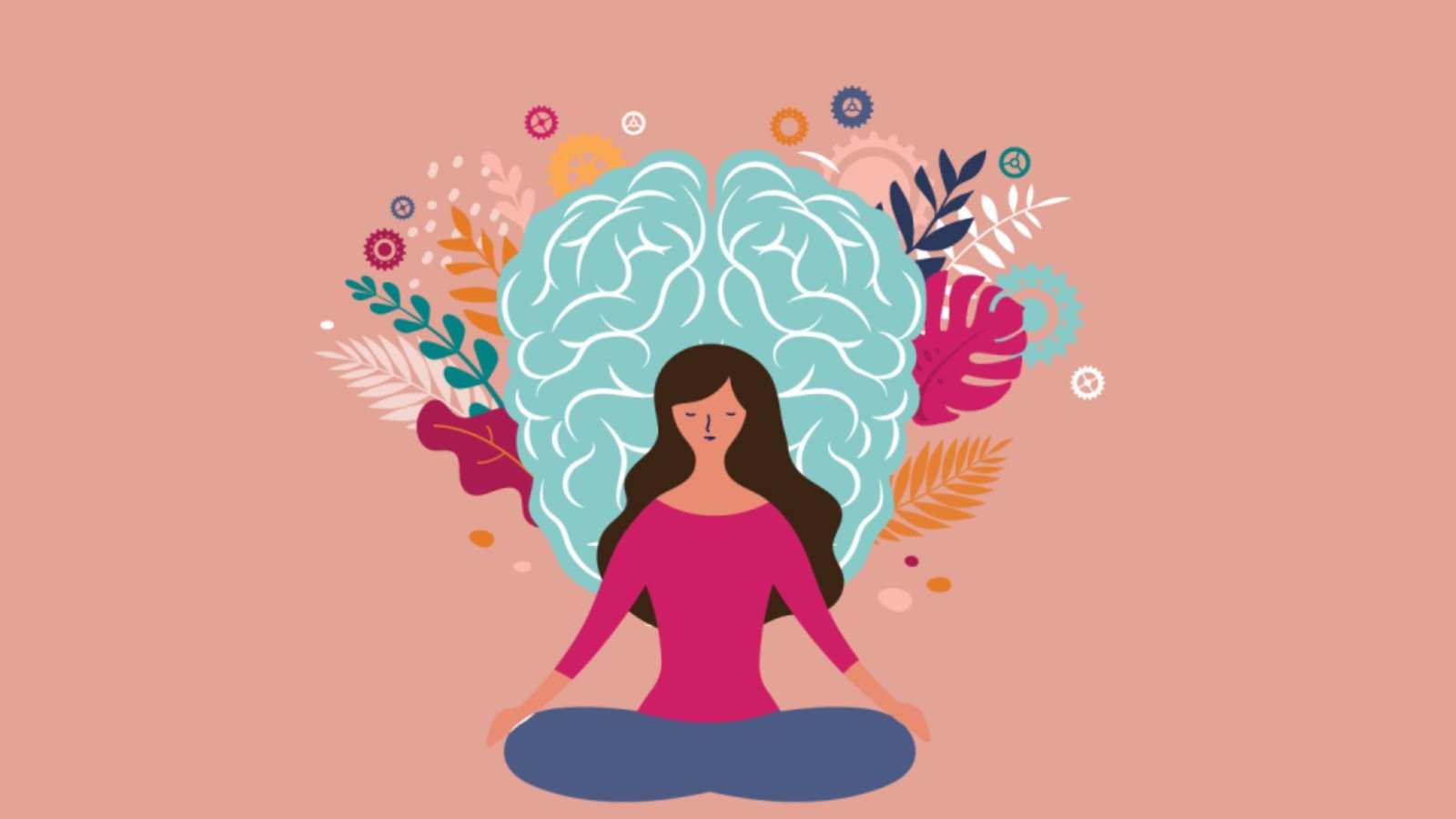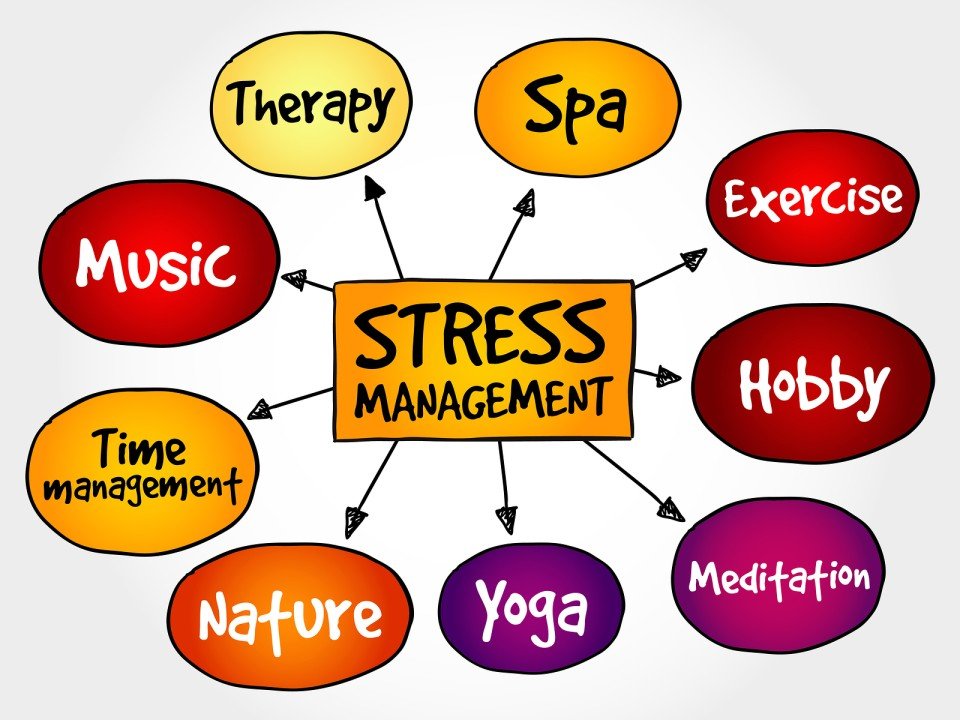In today’s fast-paced world, stress has become a common part of our lives. Managing daily stress is crucial for maintaining mental and physical health. Mindfulness, the practice of being present and fully engaged at the moment, offers effective strategies to cope with stress. This article explores the importance of mindfulness in reducing daily stress and enhancing overall well-being.

Understanding Mindfulness
Mindfulness involves paying attention to our thoughts, feelings, and surroundings without judgment. It encourages us to live in the present moment rather than dwelling on the past or worrying about the future. By practicing mindfulness, we can develop a deeper awareness of our experiences, which helps in recognizing stress triggers and responding to them more effectively.
Benefits of Mindfulness for Stress Management
Mindfulness provides several benefits that contribute to stress reduction:
- Increased Awareness: Mindfulness helps us identify stressors and understand how they affect our emotions and reactions.
- Improved Focus: By practicing mindfulness, we can enhance our concentration, making it easier to tackle tasks without feeling overwhelmed.
- Enhanced Emotional Regulation: Mindfulness allows us to observe our emotions without reacting impulsively, leading to better emotional control.
- Promotes Relaxation: Mindfulness techniques, such as deep breathing and meditation, activate the body’s relaxation response, reducing physical tension and anxiety.
Mindfulness Techniques for Daily Stress Relief
Incorporating mindfulness into your daily routine can be simple and effective. Here are some techniques to consider:
a. Mindful Breathing
Focusing on your breath is a foundational mindfulness practice. Take a few minutes each day to breathe deeply, paying attention to the sensations of inhaling and exhaling. This practice calms the mind and brings awareness to the present.
b. Body Scan Meditation
In this technique, you systematically focus on different parts of your body, noticing any tension or discomfort. Start from your toes and move up to your head, relaxing each area as you go. This practice helps cultivate awareness of physical sensations and promotes relaxation.
c. Mindful Walking
Walking mindfully involves paying attention to each step you take. Notice the sensation of your feet touching the ground, the rhythm of your breath, and the sights and sounds around you. This practice connects you to the present moment and can be particularly refreshing.
d. Gratitude Journaling
Take a few minutes each day to write down things you are grateful for. This practice shifts your focus from stressors to positive aspects of your life, fostering a more optimistic outlook.
Incorporating Mindfulness into Daily Activities
You can integrate mindfulness into your everyday activities to manage stress effectively. Here are some ideas:
- Mindful Eating: Focus on the flavors, textures, and aromas of your food. Eating slowly helps you appreciate your meal and promotes better digestion.
- Mindful Listening: When engaging in conversations, practice active listening. Pay attention to the speaker without formulating your response while they talk. This enhances relationships and reduces stress in social situations.
- Mindful Technology Use: Be aware of your technology use. Set boundaries on screen time and take breaks to engage in mindfulness practices instead.
Creating a Mindfulness Routine
Establishing a mindfulness routine can help make mindfulness a regular part of your life. Consider setting aside time each day for mindfulness practices, whether through meditation, mindful walking, or simply taking a few moments to breathe deeply.
Conclusion
Mindfulness is a powerful tool for managing daily stress. By cultivating awareness and staying present, we can navigate stressors more effectively and enhance our overall well-being. Incorporating mindfulness practices into our daily lives not only reduces stress but also promotes a greater sense of peace and fulfillment.




